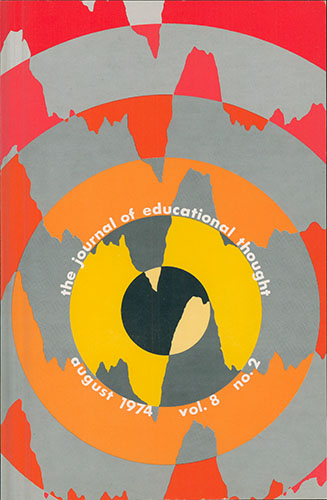Reform as Social Tracking: The Case of Industrial Education in Ontario 1870-1900
DOI:
https://doi.org/10.55016/ojs/jet.v8i2.43627Abstract
The industrial education movement in Canada has been assessed by historians in two ways: as the educational expression of the Dominion's national development policy, and as an important step closer to the egalitarian ideal of universal, state-supported compulsory schooling.' Each interpretation marries industrial education to cherished social values: for the former, economic growth and the latter, equality of opportunity. The present study, based on an analysis of the group support and social functions associated with attempts to introduce various forms of industrial education, poses a counter-argument: that industrial education programs surfaced as one facet of an urban-centered, conservative, social reform movement which encompassed, as one of its vital concerns, the establishment of controls over the character, behavior and occupational future of poor and delinquent children.2 As such, industrial education was more a bane, than a boon, to the working class.
Downloads
Published
Issue
Section
License
The Journal of Educational Thought retains first publication rights for all articles. The Journal grants reproduction rights for noncommercial educational purposes with the provision that full acknowledgement of the work’s source be noted on each copy. The Journal will redirect to the appropriate authors any inquiries for further commercial publication of individual articles. All authors wishing to publish in JET will be asked to fill in and sign a Consent to Publish and Transfer of Copyright agreement.
Authors must affirm that any submission to JET has not been and will not be published or submitted elsewhere while under considration by JET.

